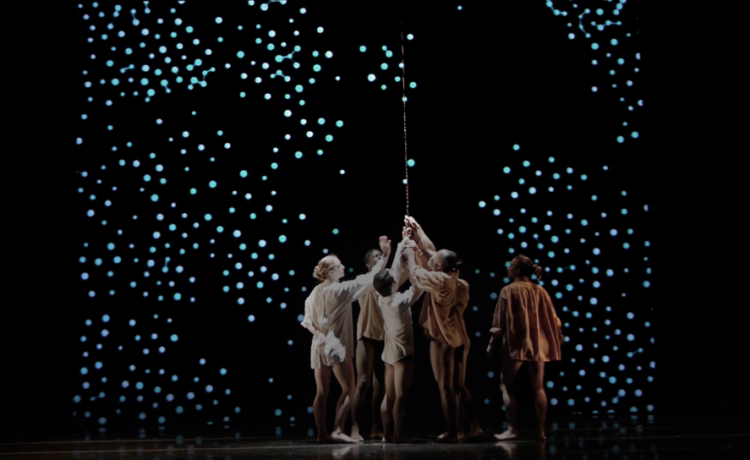
A recent report from the City Auditor highlights a recurring state of flux for Cultural Arts funding in recent years, which has fed into the ongoing debate over how the city manages those grant programs. The audit, which was requested by a group of five City Council members, also found conflicting messaging and intent with regard to a prior Council’s decision to remove arts and culture programs and funds from the larger Economic Development Department.
The report looked at six questions concerning arts funding such as where the funds come from, how they can be spent, how the city structures an allocates awards and how comparable cities organize their culture and arts functions within city government.
While grants from the Cultural Arts Division are typically funded by the city’s Hotel Occupancy Tax (HOT), those programs received unprecedented federal support during the pandemic. In 2021, Austin allocated $11.3 million in CARES Act funding, primarily benefiting nonprofits and creative sector workers. The following year, American Rescue Plan Act funds added $12 million, administered by third-party vendors like the Long Center for the Performing Arts and Better Business Bureau.
The infusion of federal dollars allowed the city to shift from basing awards on HOT revenue projections to using actual previous HOT collections, marking a significant change from pre-pandemic practices that added stability and predictability to the process. Audit staff found administrative expenses – typically covering staff salaries, marketing and facility maintenance – ranged between 4.9 percent and 8.4 percent of total expenditures, with administrative duties handled by third parties totaling 4.5 percent of expenditures.
The report found that data collection from grant applicants was inconsistent, raising concerns about tracking equity and inclusion in the arts.
Grants to artists and local arts organizations became a hotly debated topic beginning in 2018 when a substantial increase in applicants led to substantial funding reductions for some recipients that had long relied on city funding. The fallout from that funding cycle led to a multiyear restructuring of how applicants were evaluated and what kinds of awards they were eligible to receive.
The resulting trio of programs – Nexus, Elevate and Thrive – prioritized equity and groups that had been historically marginalized, with requirements for matching funds, fiscal sponsorship and evaluation of an organization’s existing budget removed from the process.
The report also looked at the lack of progress on a recommendation dating back to at least 2008 to create a stand-alone Department of Arts, Culture and Creativity has yet to move forward. Included as part of the CreateAustin cultural planning process that began in 2006, city staff studied the feasibility of the stand-alone department in 2008, with Council endorsing the CreateAustin Cultural Master Plan in 2010.
The report notes: “EDD staff said that the department has not received an explicit directive to create a separate new department of arts and culture. They noted that there have been many one-on-one discussions between EDD management and other key stakeholders including City Council offices, Arts Commission, and City Manager’s Office. Staff also said that EDD has previously asked City management if there is interest in moving arts and culture out of EDD, but the answer has always been ‘no.’”
The report was initiated by a request from Mayor Pro Tem Leslie Pool and Council members Zo Qadri, Vanessa Fuentes, Ryan Alter and José Velásquez, with the goal of better understanding the city’s culture and arts funding process. It included no recommendations or next steps for staff or Council.
In recent months the city has announced the recipients of $21 million in grants to musicians and artists from the Nexus, Thrive and Elevate programs, as well as the Live Music Fund. Audit staff chose to not look at music-related grant programs as part of assembling the report.
Photo made available through a Creative Commons license.
The Austin Monitor’s work is made possible by donations from the community. Though our reporting covers donors from time to time, we are careful to keep business and editorial efforts separate while maintaining transparency. A complete list of donors is available here, and our code of ethics is explained here.












